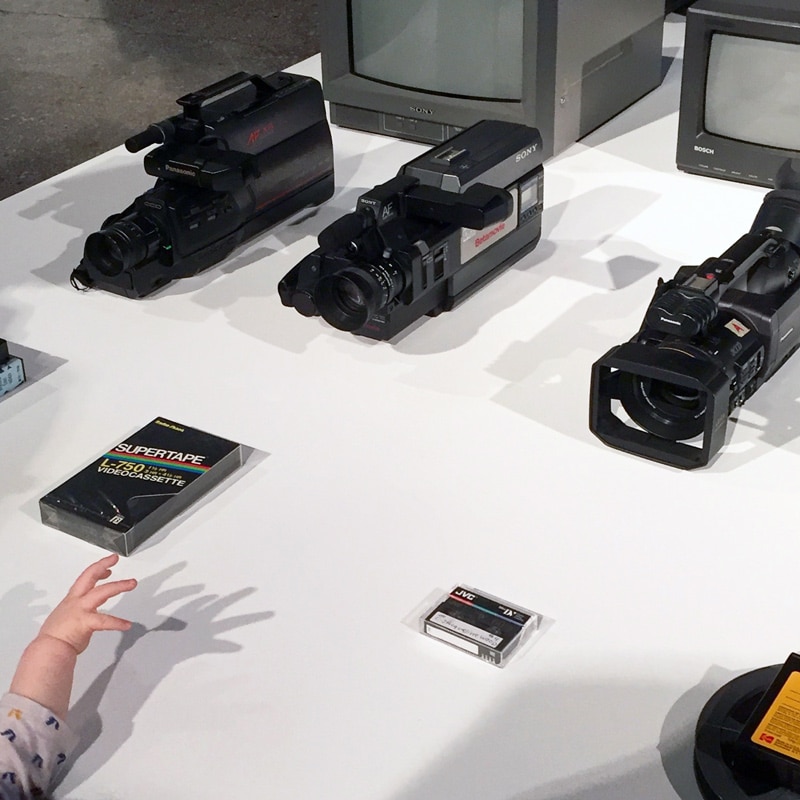Families are hiring screen consultants in the U.S. to raise their kids ‘phone-free’

You’ve surely heard of career coaching, life coaching, and relationship coaching. ‘Screen-free’ parenting coaching is a new addition to the category, with parents and schools in the U.S. employing experts to help them get their children away from screens. The fact that we’ve come to this clearly shows how bad our addiction to social media, and smartphones in general, has become. But it also raises an issue around how we are bringing up future generations, and how much access we give them to the many technologies we ourselves use daily.
We’ve all seen it, that glazed look kids get in their eyes when they’re staring at a screen at a restaurant, on the bus, anywhere, really, as long as they keep quiet. Not to say that parents are only using this as the new dummy, but, sometimes, it seems to be the easiest trick to calm young kids down. This fairly common phenomenon brought about the necessity for ‘screen consultants’. What are they here for? To remind parents what it was like to raise kids before the digital era. In the U.S., screen consultants are being invited to schools, places of religious significance, and homes in order to replace electronics with good old outdoor activities.

The first thing that bothers me about this new trend is how hypocritical it is coming from adults. We are hiring professionals to help raise our kids in a technology-free environment because we can’t set a good example ourselves. We’re so addicted to those devices that we actually have to be taught again, by professionals, what it’s like to maintain a healthy environment for our children outside of the virtual realm—where kids are free from the influence of Instagram, YouTube or Facebook. Although I would definitely put myself in the same category as those parents needing help, the simple realisation that I may require the same coaching if I ever have kids makes me very concerned about my future (and about my non-existent children’s future).
To get a better understanding of what ‘good’ screen coaching could bring to our messed up society, and to try to alleviate my concerns, I spoke to Gloria DeGaetano, who launched the Parent Coaching Institute and currently specialises in ‘curing’ screen addiction in families. She defines her job as a parent coach as “a highly trained, non-judgmental, caring professional”. Just like an accelerated uni course, parent coaches ‘train’ parents on a 3 month period through a series of 10 to 12 coaching conversations. By giving families specific and personalised tips for each unique situation, parent coaches offer more than your typical Parenting for Dummies.
So what’s the biggest challenge for parent coaches at the moment? Setting boundaries around screen time. Gloria DeGaetano has been helping parents with screen issues since the early 90s and wrote several books on the subject, but she told Screen Shot that “today we have an urgent crisis to effectively help families in this tech tsunami which is drowning both parents’ and kids’ personal agency and ability to use tech wisely”.
For obvious reasons, the more technologies we got in recent years, the worse our addiction to screens and social media became. Should we worry about it? DeGaetano believes so, stating that, “Children and teens’ habituated to screens miss out on other parts of living essential to their optimal development”. Thinking about the future and what new technologies could add to that problem, she commented, “In 15 years, screens may be obsolete because microchips, holograms, and other forms of AI not yet discovered may dominate the landscape. Who will be the innovative thinkers in that future?” and what exactly will we be addicted to then?
In the digital age, parents now have another weight to carry, one that their own parents never had to deal with. Screen consultants, as weird as their job title may sound, are a solution to kids’ worrying addiction to screens. But adults should also be taken into consideration in this matter. Who’s going to teach us how to cut down on our social media addiction and ‘care’ less about our online image? I don’t have the answer just yet, but until then, I asked Gloria for one last piece of advice, “Be You! With an unwavering belief in yourself, social media comparison can’t affect a healthy sense of identity. Nature is abundant in diversity for a reason—differences make sure life continues”. There you go: be you, be different.





